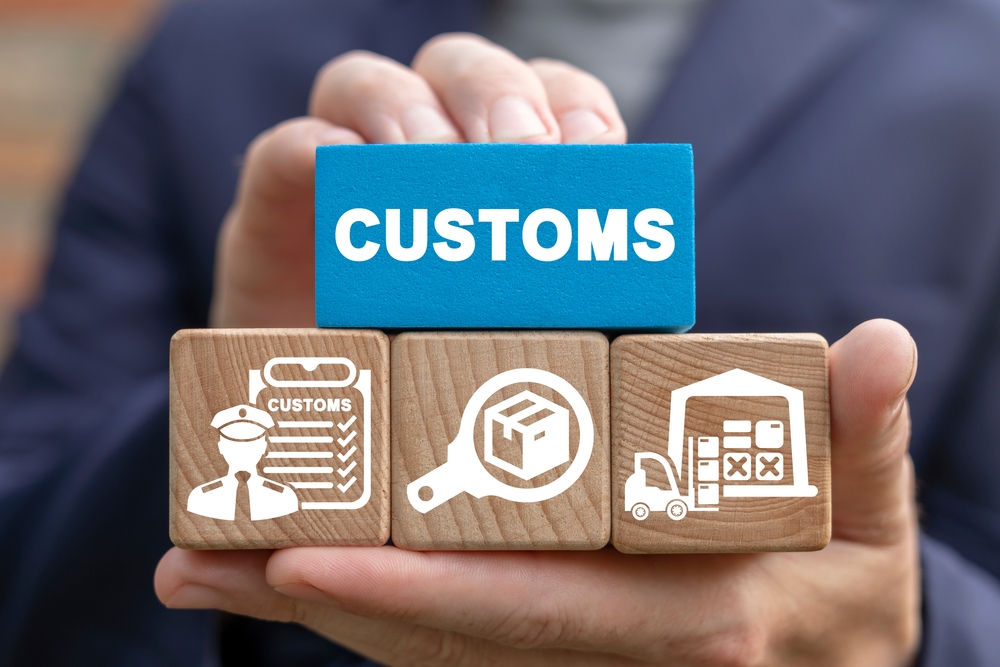 Last updated: December 7th, 2022 12:03 PM
Last updated: December 7th, 2022 12:03 PM
The Customs (Administration of Rules of Origin under Trade Agreements) Rules, 2020
Recently, the Ministry of Finance introduced the Customs (Administration of Rules of Origin under Trade Agreements) Rules 2020. The rules shall come into force from 21st September 2020. The rule imposes significant compliance obligations on the importers claiming preferential rate benefits under the trade agreement. The new rules are briefly explained in the current article.Insertion of provisions relating to rules of origin under the trade agreement
Provisions of section 28DA were inserted in the Customs Act, 1962, vide the Finance Act, 2020. Section 28DA covers the administration of the rules of origin under the trade agreements. In continuance, recently, the Government came up with the following notification and circular-- Notification No. 81/2020- Customs (N.T.) dated 21st August 2020 – introduces the Customs (Administration of Rules of Origin under Trade Agreements) Rules, 2020, which provides a detailed procedural framework for governing the preferential duty claims; and
- Circular No. 38/2020- Customs dated 21st August 2020 – clarifies various aspects of the Customs (Administration of Rules of Origin under Trade Agreements) Rules, 2020.
Applicability and features of the new rules
The rules shall apply to the importer claiming a preferential duty rate in the Trade Agreement. The features of the rules are explained hereunder- Procedure to be undertaken by the importer/ his agent-- Obtain a ‘Certificate of Origin’ covering each item/ good on which a preferential duty rate is claimed.
- Details to be mentioned in the bill of entry-
- Declaration stating that the imported goods qualify as originating goods.
- Mention the tariff notification against all the goods on which a preferential rate of duty is claimed.
- Enter the following details of the certificate of origin-
- Reference number of the certificate.
- Date of issuance.
- Originating criteria.
- Mention whether the goods are transported directly from the country of origin.
- Mention if the third country issues the certificate of origin.
- Possess origin-related information in Form-I. The importer should also possess all the supporting documents relating to Form-I for 5 years from the date of filing of the bill of entry.
- Where the certificate of origin is incomplete, the same is not as per the format prescribed under the Rules.
- Where there is any alteration in the certificate of origin and the same is not authorized by the issuing authority.
- Where the certificate of origin is produced after the expiry of the validity period.
- Where the certificate of origin is issued for an item/ good not eligible for preferential tariff treatment under a trade agreement.
- Where there is a doubt about the genuineness/ authenticity of the certificate of origin.
- Where the criteria of the country of origin, as stated in the certificate of origin, has not been met.
- Where the verification is being conducted on a random basis.
Other important points
- Provisions relating to the treatment of identical goods-
- Once it is determined that the goods originating from a particular exporter or producer do not satisfy the origin criteria, the Principal Commissioner or the Commissioner of Customs will reject other claims for identical goods imported from the same exporter or producer without further verification.
- In case of such rejection, the importer needs to be communicated in writing.
- Cases wherein the importer fails to provide the information or exercise reasonable care. Then, the proper officer can implement a system of compulsory verification. Accordingly, all the subsequent bills of entry claiming a preferential rates shall be taken up for verification.
- The preferential claim shall be disallowed, and a penalty will be levied in case there is a suppression of facts or willful misstatements or collusions to avail the undue benefit.
- In case there is a conflict between the Customs (Administration of Rules of Origin under Trade Agreements) Rules, 2020, and the Rules of Origin, the provision of the Rules of Origin will prevail.
Popular Post

In the digital age, the convenience of accessing important documents online has become a necessity...

The Atalji Janasnehi Kendra Project that has been launched by the Government of Karnataka...

The Indian Divorce Act governs divorce among the Christian couples in India. Divorce...

When an individual has more than a single PAN card, it may lead to that person being heavily penalised, or worse,...

Employees Provident Fund (PF) is social security and savings scheme for employee in India. Employers engaged...


